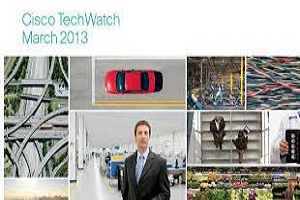May 8, 2015
The death of the office has been overstated but it is changing, study confirms
 The implications for the property industry of more efficient space planning models and the uptake of flexible working are laid bare in a new report from planning and design consultancy Nathaniel, Lichfield and Partners (NLP). The headline figure from the report, Workspace Futures: The changing dynamics of office locations is that the office stock in England and Wales rose by 17 percent in the twelve years to 2012 while the numbers of office based staff increased by around 21 percent. The report includes details on how these trends affect 11 key locations including Manchester, Cambridge, Bristol, Newcastle and Reading and concludes that while ‘the death of the office has been largely overstated’, the market is undergoing structural changes that need to be addressed by developers and government.
The implications for the property industry of more efficient space planning models and the uptake of flexible working are laid bare in a new report from planning and design consultancy Nathaniel, Lichfield and Partners (NLP). The headline figure from the report, Workspace Futures: The changing dynamics of office locations is that the office stock in England and Wales rose by 17 percent in the twelve years to 2012 while the numbers of office based staff increased by around 21 percent. The report includes details on how these trends affect 11 key locations including Manchester, Cambridge, Bristol, Newcastle and Reading and concludes that while ‘the death of the office has been largely overstated’, the market is undergoing structural changes that need to be addressed by developers and government.





























October 6, 2014
A feeling of togetherness is essential and motivating, so why would we kill off the office?
by Mark Eltringham • Comment, Facilities management, Flexible working, Knowledge, Workplace design
It is still depressingly commonplace to read proclamations of the death of the office. These are usually appended to some survey or other about the rise of flexible working or a case study of a workplace devoid of desks (or, more likely, one in which none are pictured). Of course, the actual conclusion we can draw from such things is that the office as we once knew it is now dead or mutating into something else, but that’s true for every aspect of modern life. The constant factor that ensures offices will always exist, in some form or other is the human they serve. We know that because, as Tom Allen proved at MIT in the 1980s, people communicate less well the greater the physical distance between them. Now new research from Stanford University shows how the very idea of ‘togetherness’ can have a significant impact on the way people perform. The study, by researchers Priyanka Carr and Gregory Walton was published in the Journal of Experimental Social Psychology and concluded that ‘social cues that signal an invitation to work with others can fuel intrinsic motivation’.
(more…)